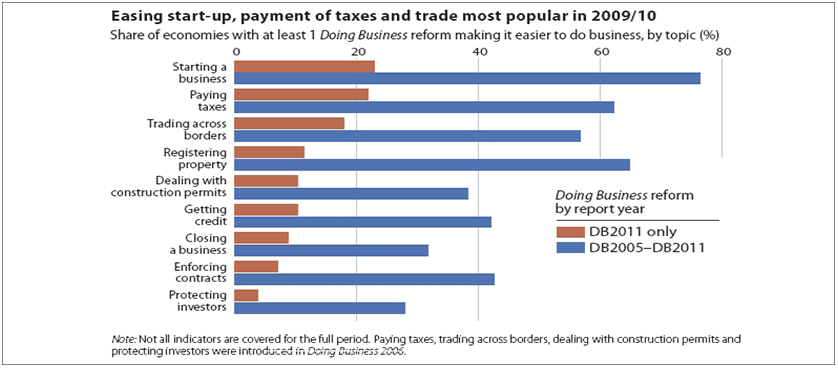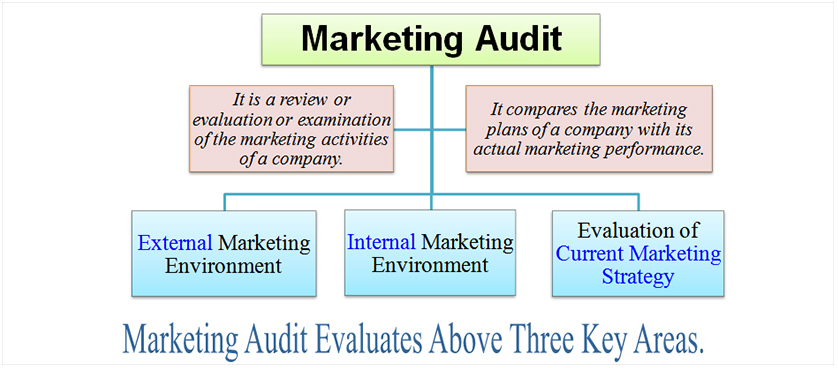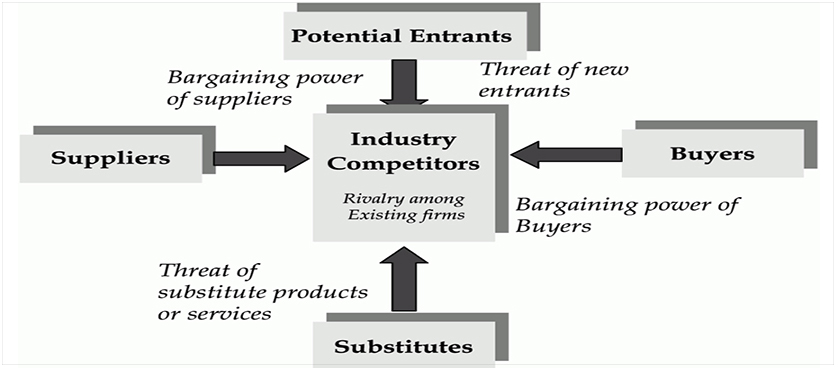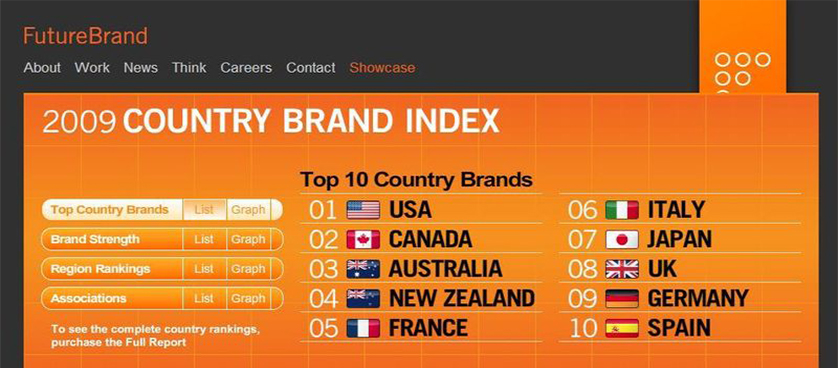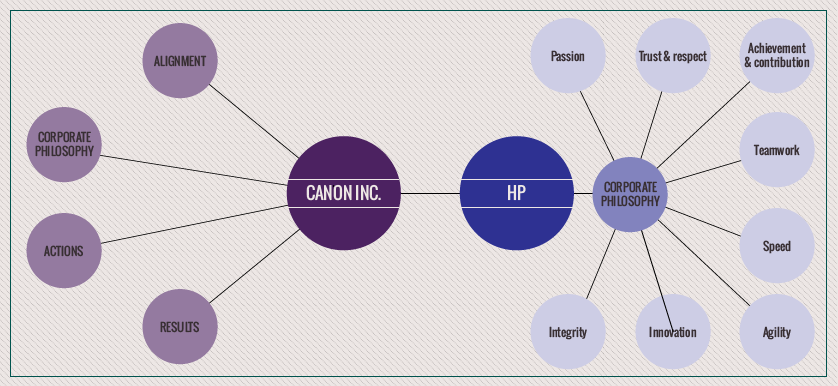Measuring the ease of doing business around the world
A recent International Bank for Reconstruction and Development (IBRD) & The World Bank report, Doing Business 2011: Making a difference for entrepreneurs, presents a series of quantitative indicators on business regulation and the protection of property rights in 183 economies, from Afghanistan to Zimbabwe. This year’s edition is the eighth in a series of annual reports benchmarking the regulations that enhance business activity and those that constrain it.
